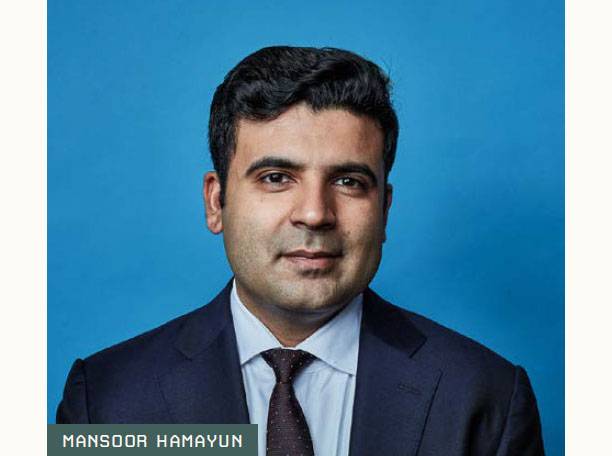
Bboxx:
Ending energy poverty and creating a fairer and cleaner future for everyone
By Alexandra Maher
Recent years have seen a rise in purpose-led businesses, with missions going beyond making a profit. One of these businesses is Bboxx, a solar energy firm dedicated to ending energy poverty.
Bboxx has helped over two million people to access electricity in 11 countries – growing to a team of around 1,000 since it was founded in 2010. The company’s annual revenue hit £22.4m in 2020, with a 46.81% CAGR landing it a spot in the top 100 on the Growth Index of the UK’s fastest-growing companies.
Bboxx provides solar panels and electrical appliances to rural households and allows them to pay on finance. The daily rate for this electricity is cheaper than using kerosine batteries or generators, which enables these households to use more electricity, thereby making productivity gains possible. The benefits spiral from there.
Having a positive impact and ending energy poverty are at the core of the business, which means it’s essential that its solutions are affordable to those who need them the most. “If you’re not cost conscious, you cannot design products and services that people can afford,” explains co-founder and CEO Mansoor Hamayun.
This is leading to huge growth: the more people see the company’s track record of delivering on promises and understand the impact this can have on a household and community level, the more interested they become.
Timing has also played a significant part in its success. By 2010, solar panels and electronic wallet systems were already being used, and there was a big (and growing) untapped population spending money on inefficient energy. Bboxx was able to connect the dots and provide this service, becoming one of the first hi-tech businesses to start up in Africa.
This attracted the right sort of people to join the organisation: “One of the things I’m most proud of about the Bboxx culture is the collection of mission-led people who have joined us,” explains Mansoor.
“We are driven to solve a big societal problem and this attracts people with great humility. We’re dealing with some of the poorest people on the planet, very often with low literacy, and who are facing many challenges within their communities. As a team we need to have a lot of respect for our customers.”
One challenge that Bboxx faces is continuing to keep prices low for consumers whilst becoming more environmentally friendly. Sending plastic packaging into rural areas is not sustainable, and they must work out who pays for the alternative, but Mansoor is determined to tackle these issues.
It’s hard to say when the job of ending energy poverty will be done, so the company aims to continue growing. There are still millions of households without electricity, and there is also room for expansion into services like clean cooking.
With the recent rise in working from home, the future is bright for Bboxx: “What’s the difference between you or me versus somebody in X, Y, Z location? A laptop, an internet connection and electricity,” says Mansoor. “In this way, it’s possible to bring millions of people into the digital economy and leapfrog the industrial age. I think that is a fairer and cleaner future for everyone.”

